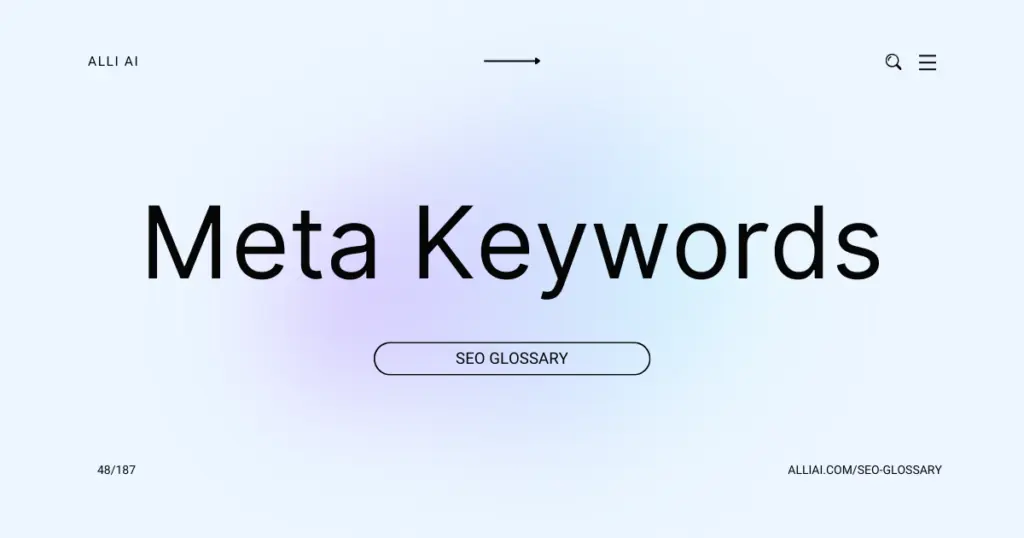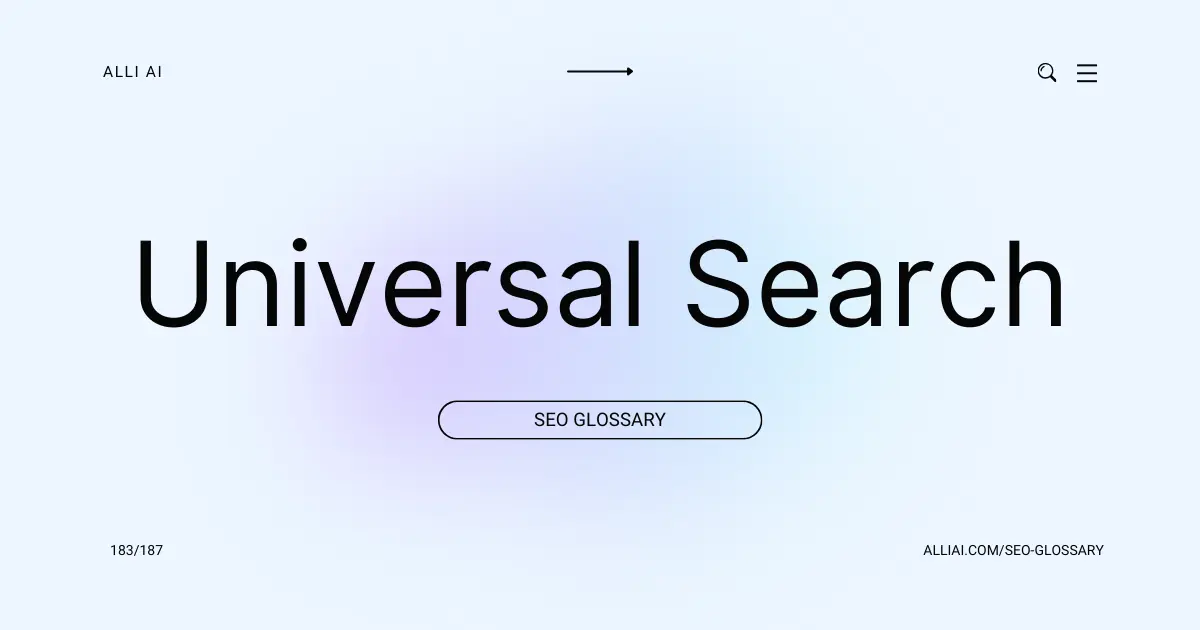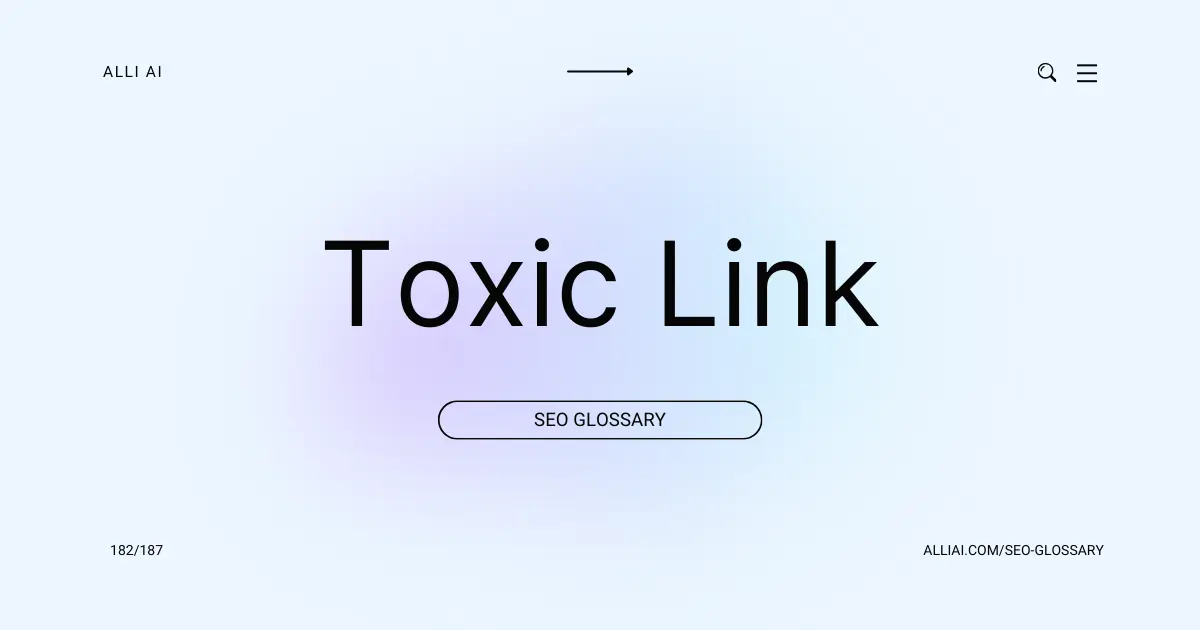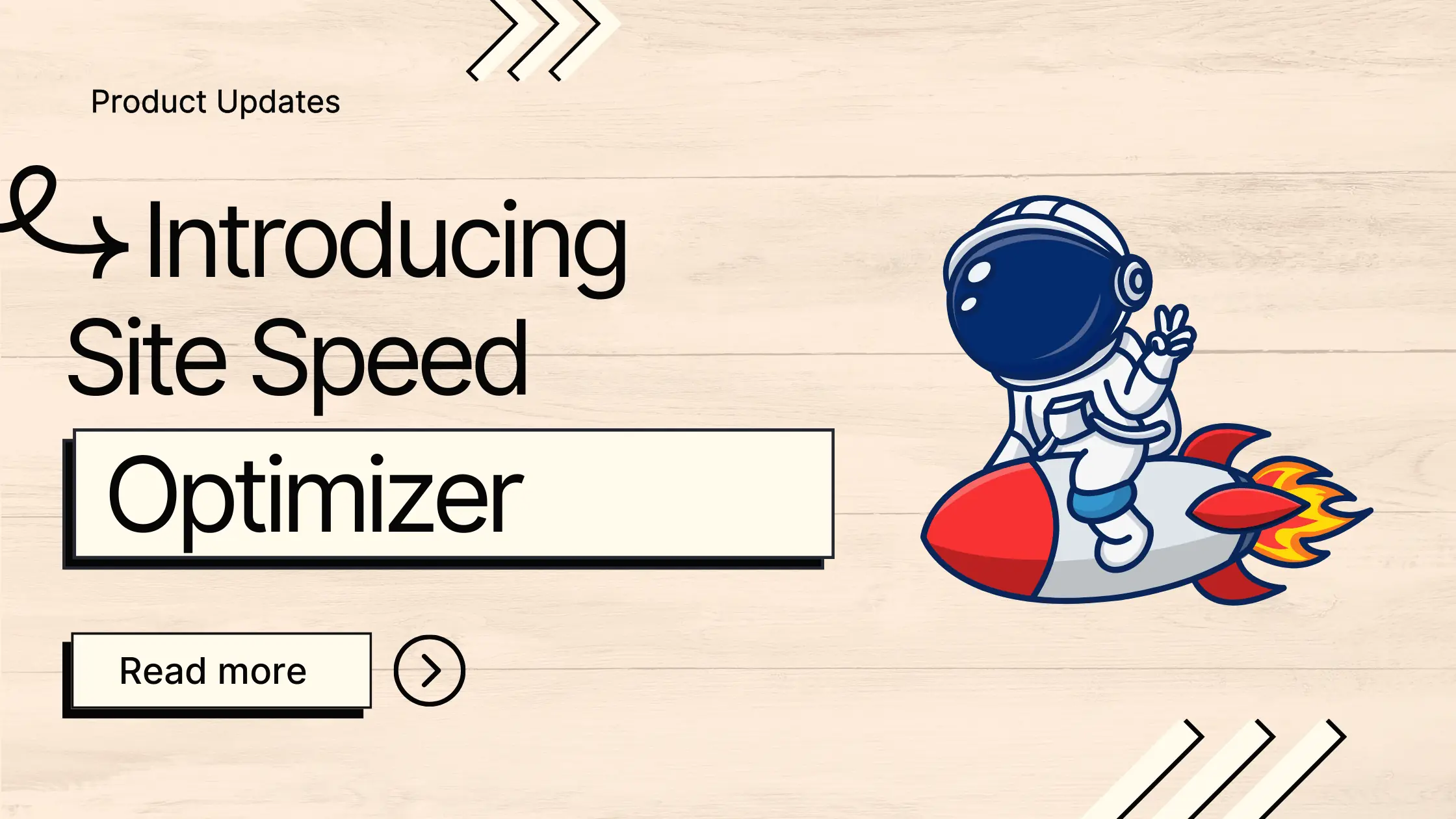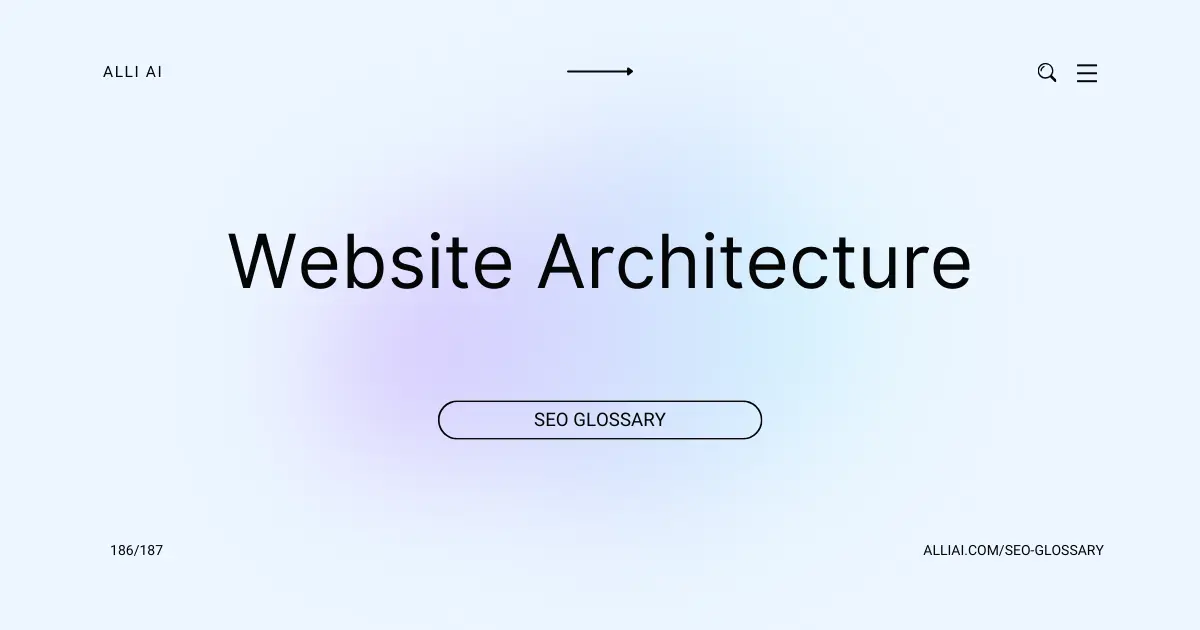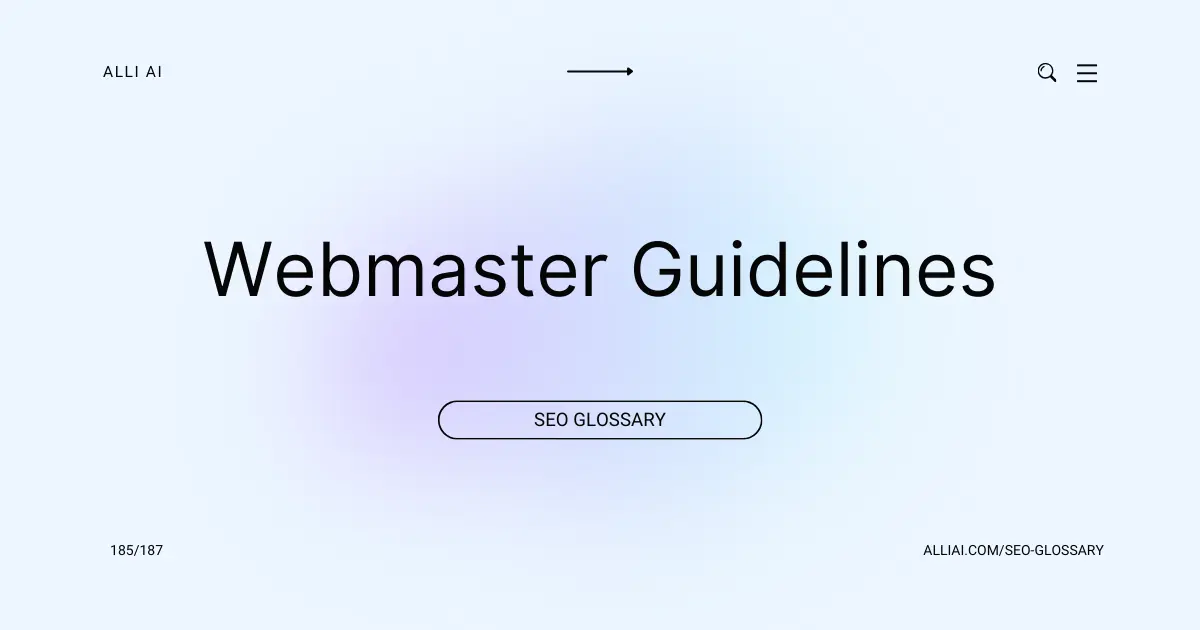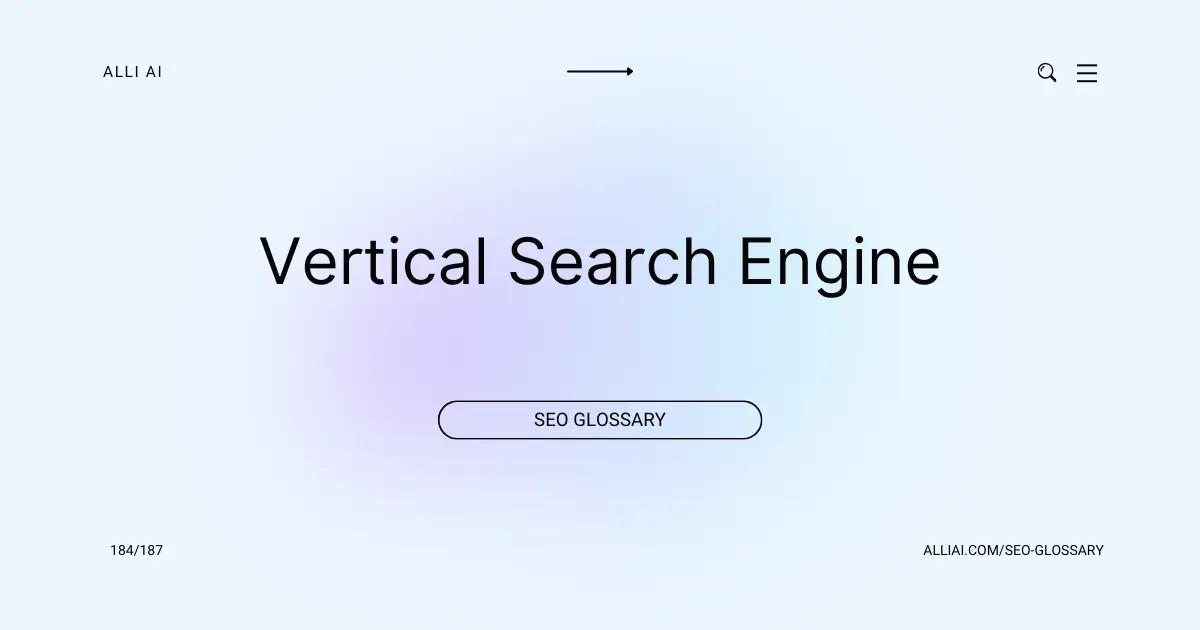What Does Meta Keywords Mean?
Meta keywords are a type of meta tag that appear in the HTML code of a web page and help tell search engines what the topic of the page is. They were once important factors for ranking on search engines, but now they hold minimal SEO value, as most search engines no longer consider them in their ranking algorithms.
Where Does Meta Keywords Fit Into The Broader SEO Landscape?
Meta Keywords are an HTML meta tag that webmasters used to insert into the head section of their web pages to help indicate the topics and content of a page to search engines. Historically, these tags were considered a direct factor in search engine ranking algorithms. However, due to widespread abuse and manipulation through keyword stuffing, major search engines like Google have de-emphasized and largely disregarded them as a ranking factor. Today, Meta Keywords have minimal impact on search engine optimization (SEO) and are largely considered outdated by most SEO professionals. Instead, focus has shifted towards more relevant factors such as content quality, user experience, and authoritative backlinks. Despite their limited use, some SEO specialists may still use Meta Keywords for legacy systems, internal search engines, or as a minor elemental part of a broader SEO strategy, but they do not significantly influence rankings in major search engines anymore.
Real Life Analogies or Metaphors to Explain Meta Keywords
Meta keywords are like the spice labels on a spice rack, helping you quickly identify what’s inside each jar, so you can determine if it suits the recipe you’re cooking up.
In another sense, meta keywords are like the invisible tags on items in a store that set off an alarm if someone tries to leave without paying; they alert search engines about the content’s themes, but they aren’t always visible to the shopper.
Finally, think of meta keywords as the hashtags of a blog post. Just as hashtags make posts discoverable to those interested in specific topics on social media, meta keywords aimed to make web pages discoverable for specific searches.
How the Meta Keywords Functions or is Implemented?
1. HTML Code Placement: Meta keywords are placed within the `` tag of an HTML document. They are part of the metadata section that helps define the contents of a web page.
2. Syntax: The syntax generally involves the `` tag with attributes for `name` and `content`. The `name` attribute is set as “keywords” and the `content` attribute contains a comma-separated list of keywords.
“`html
“`
3. Content Creation: Webmasters or SEO practitioners choose relevant keywords that best describe the page’s content. These keywords should match potential search queries that users might employ to find the content.
4. Search Engine Indexing: Initially, search engines would crawl and index these keywords to understand the context and topic of a page better, helping in the ranking process.
5. Usage Decline: Over time, due to abuse and overstuffing by webmasters, most search engines, including Google, devalued and largely ignored meta keywords for ranking purposes. They are now rarely used for SEO impact.
Impact Meta Keywords has on SEO
Meta keywords have no impact on SEO performance and rankings as major search engines like Google, Bing, and Yahoo do not use meta keywords tags as a ranking factor. They are irrelevant for search engine algorithms. However, the misuse or overstuffing of meta keywords can potentially harm a site’s reputation by indicating low-quality or spammy content to search engines. There are no direct implications on user experience since meta keywords are not visible to website visitors.
SEO Best Practices For Meta Keywords
1. Research relevant keywords for your website content using tools like Google Keyword Planner or SEMrush. Focus on keywords pertinent to your business, industry, and user intent.
2. Limit the number of keywords to between 10-15. Overloading meta keywords can be seen as keyword stuffing.
3. Include a mix of both short-tail and long-tail keywords. Short-tail keywords are broader while long-tail keywords are more specific and less competitive.
4. Place the most important and relevant keywords towards the beginning of the meta keywords list.
5. Use commas to separate each keyword or keyword phrase.
6. Ensure the keywords are directly relevant to the content on the page. Irrelevant keywords can harm your website’s SEO.
7. Regularly update the meta keywords as your content and SEO strategy evolve.
8. Integrate the keywords naturally in meta descriptions, title tags, and throughout the webpage content for consistency and reinforcement of keyword relevance.
9. Monitor the performance of your chosen keywords using analytics tools to gauge effectiveness and make adjustments as necessary.
10. Avoid duplicating the meta keywords across different pages. Customize the meta keywords for each unique page based on its content.
Common Mistakes To Avoid
1. Overuse of Keywords:
– Avoid stuffing too many keywords into the meta keywords tag, as this can be seen as spammy by search engines and might hurt your SEO.
2. Irrelevant Keywords:
– Only include keywords that are relevant to the content on the page to avoid misleading users and search engines.
3. Duplicating Keywords:
– Refrain from repeating the same keywords within the tag or across multiple pages, as this does not provide any SEO benefit and can be viewed negatively by search engines.
4. Using Only Meta Keywords for SEO:
– Understand that most major search engines like Google do not consider meta keywords for ranking. Focus also on other SEO elements like meta descriptions, title tags, and quality content.
5. Ignoring Competitors’ Strategies:
– Regularly check if and how competitors are using meta keywords effectively, adapting while maintaining ethical SEO practices.
6. Failing to Update Keywords:
– Regularly review and update the meta keywords to match your current SEO strategy and changes in search behavior.
7. Lack of Specificity:
– Include specific and niche keywords that are less competitive and more likely to attract qualified traffic.
8. Not Matching Content:
– Ensure the keywords used in the meta tags align with the actual content of the page to maintain coherence for search algorithms and user experience.
9. Neglect of Geographic Keywords:
– For local SEO, include relevant geographic keywords which can help in attracting local search traffic.
10. Using Broad Keywords:
– Avoid broad or generic keywords as they are highly competitive and less effective for targeting specific audiences.
